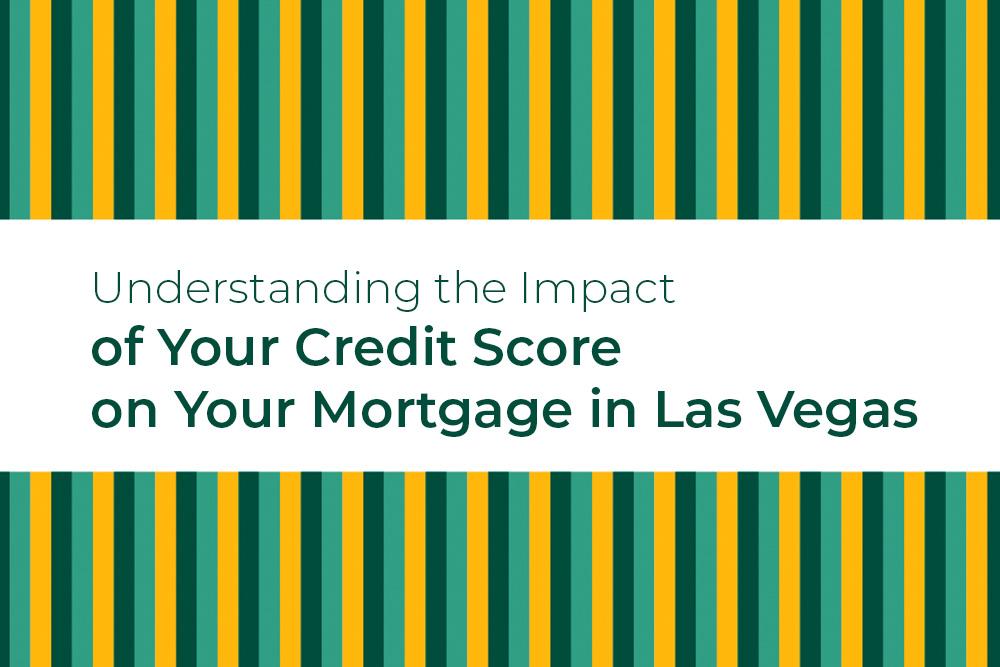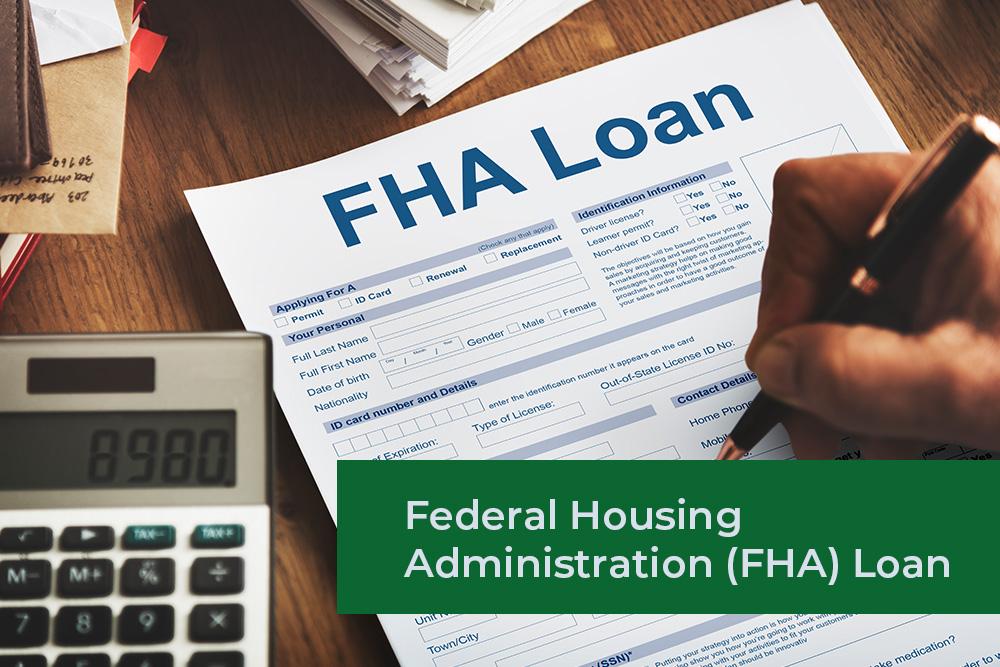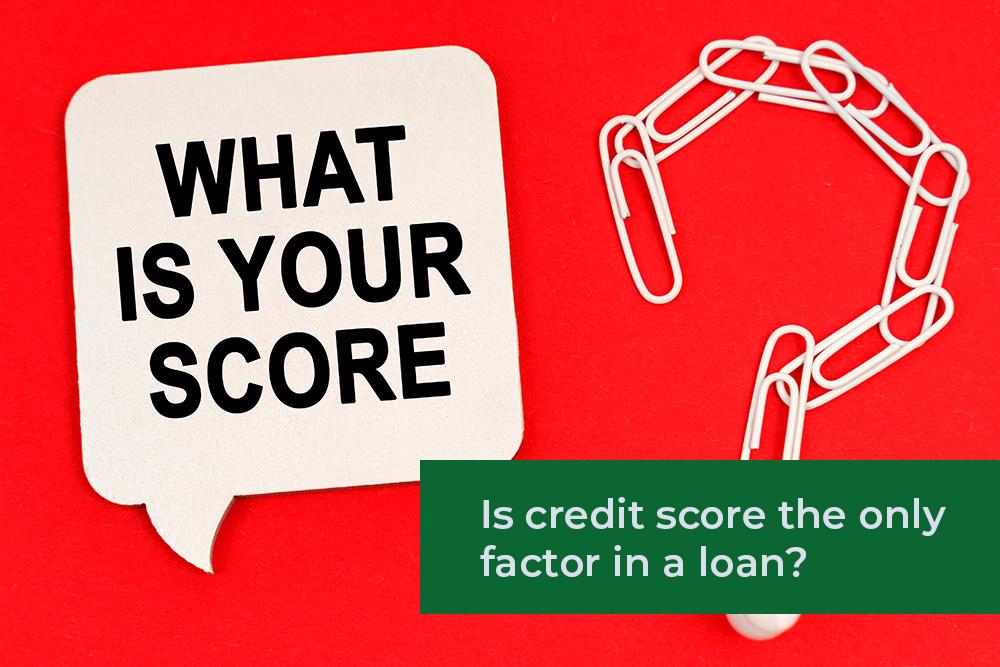
You may not think about a credit score often, but it’s crucial when you make big purchases, including a house. If you want to buy a home in Las Vegas, contact a mortgage lender to determine what credit score you need to obtain a loan or how to improve a credit score that’s lower than you would like it to be.
What credit score do I need for a house?
This is one of the most common – and important – questions that mortgage brokers in Las Vegas get. Ideally, you should have a minimum FICO credit score of 620 for a conventional loan. However, many look for even higher credit scores. Many people who close on a home have a credit score above 650, and applicants with a credit score of 740 or above tend to get the best deals on interest rates.
Credit Score Requirements by Loan Type
If you don’t have a good credit score or you qualify for other loans based on personal factors, you may be able to obtain a loan with a lower credit score. Here are some of the options available for loans and their corresponding minimum credit scores:
Conventional Loan
For a conventional loan, you should have a credit score of 620 or higher to get the best mortgage rates in Las Vegas. While you can apply for a conventional loan with a minimum credit score, you will get a better interest rate if your credit score exceeds the minimum. While you may be accepted for mortgages in Las Vegas with a credit score of 620, you may be required to pay a monthly private mortgage insurance (PMI) fee. PMI payments are sometimes requested of applicants with a lower credit score, as they are considered higher-risk borrowers in the lender’s eyes. Lenders generally require a PMI payment for borrowers who put down less than 20% for their down payment, which is the standard down payment amount for conventional loans. It is possible to pay less than that amount for your down payment, but be aware that your PMI rates will increase. If you put down 10% for a house, your PMI will be 1.1%. However, having a higher credit score reduces the amount that you would need to pay, even if you still want to put down less than 20%. A borrower with a great credit score of 760, which is well above average, would pay only 0.30% for PMI each month.
Federal Housing Administration (FHA) Loan

An FHA loan is a good option for people who don’t have a stellar credit score. Unlike a conventional loan, you can apply for an FHA loan with a much lower credit score of 500. Additionally, FHA loans are more lenient with their down payment requirements. The minimum down payment for an FHA loan is 3.5%, but a mortgage lender will often require a higher credit score of at least 580 for those who want to make smaller down payments. For an FHA loan, you will likely be approved for a loan with a credit score between 500 and 570, but you may need to pay more for your down payment if you have a lower credit score. A 10% minimum down payment is the standard requirement for a credit score in this range.
Veterans Affairs (VA) Loan
Unlike other kinds of loans, a VA loan is backed by the federal government rather than a private lender. The borrower, therefore, does not need to pay mortgage insurance, which can amount to substantial monthly savings. VA loans do not have a minimum credit score requirement, but you will still have a better chance of getting approved for a loan by mortgage brokers in Las Vegas with a higher credit score. The main requirement for a VA loan is that you currently serve in a military branch or are a veteran. Military spouses may also be eligible for a VA loan. You can apply for a VA loan online and check before submitting an application to ensure you meet all the requirements.
US Department of Agriculture (USDA) Loan
A USDA loan is another specialty loan that specific population segments are eligible for. Since the government also backs USDA loans, a minimum credit score is not required for optimal mortgage rates in Las Vegas. However, lenders may set their own credit score requirements. If your credit score is over 640, you may be eligible for expedited credit processing when you apply for a USDA loan.
Jumbo Loan
Jumbo loans are designed for people buying expensive homes or wanting to make significant renovations. Because jumbo loans are structured to give borrowers more money than regular loans, you also need a better credit score to get an above-average loan. Most lenders look for borrowers with a credit score of at least 700, but people whose credit score is 740 or higher have the best chance of getting a better mortgage rate. If you want to take out a jumbo loan but have a lower credit score than is ideal, it’s worth trying to improve your score before applying for a loan, as you can save quite a bit of money with lower interest rates if your credit score is better upfront.
Is credit score the only factor in a loan?

If you are applying for a mortgage, lenders will look at your credit score, but that’s not all.
When you apply for mortgages in Las Vegas, a lender will also check your debt-to-income (DTI) ratio, which indicates to the lender if you can manage additional debt. The DTI includes all of your monthly income before taxes. The lower your DTI, the better your chance of getting a favorable mortgage. A good target is a DTI that’s less than 36% to qualify for the top mortgage options.
The DTI is separate from the loan-to-value ratio, also called the LTV. The LTV refers to the amount you owe for the loan compared to your home’s value. If you have a lower LTV, you are considered less of a risk to lenders. You can make a larger down payment on your home for a lower LTV.
Lenders also like to see that you have a steady income, whether from your current employment or other sources. Either way, starting from the past two years, you’ll probably need proof of historic and present income. Proof of income is essential, as it shows a mortgage lender that you can repay your loan on time and in full.

Along with an active income, lenders will also want to see your total savings and assets. That includes cash savings, investments, and retirement account savings. Although you might not think about your savings very often, how much you have saved up is vital to a lender, as it shows that you can continue to make your payments even if you lost your primary source of income.
If you’re looking at mortgages in Las Vegas, it’s crucial to find one that works with your financial situation. Contact a mortgage lender with your questions and to get more information today!









